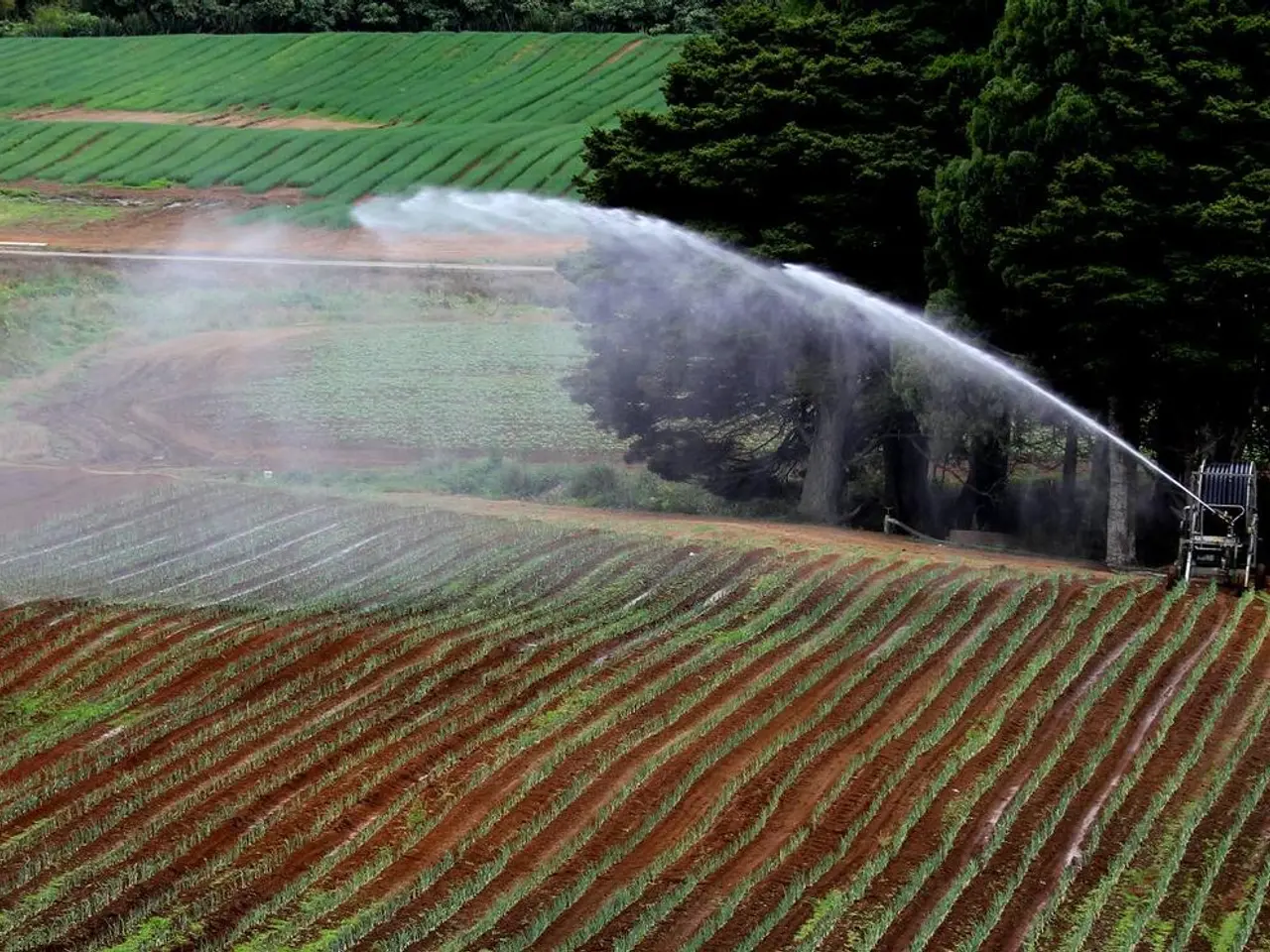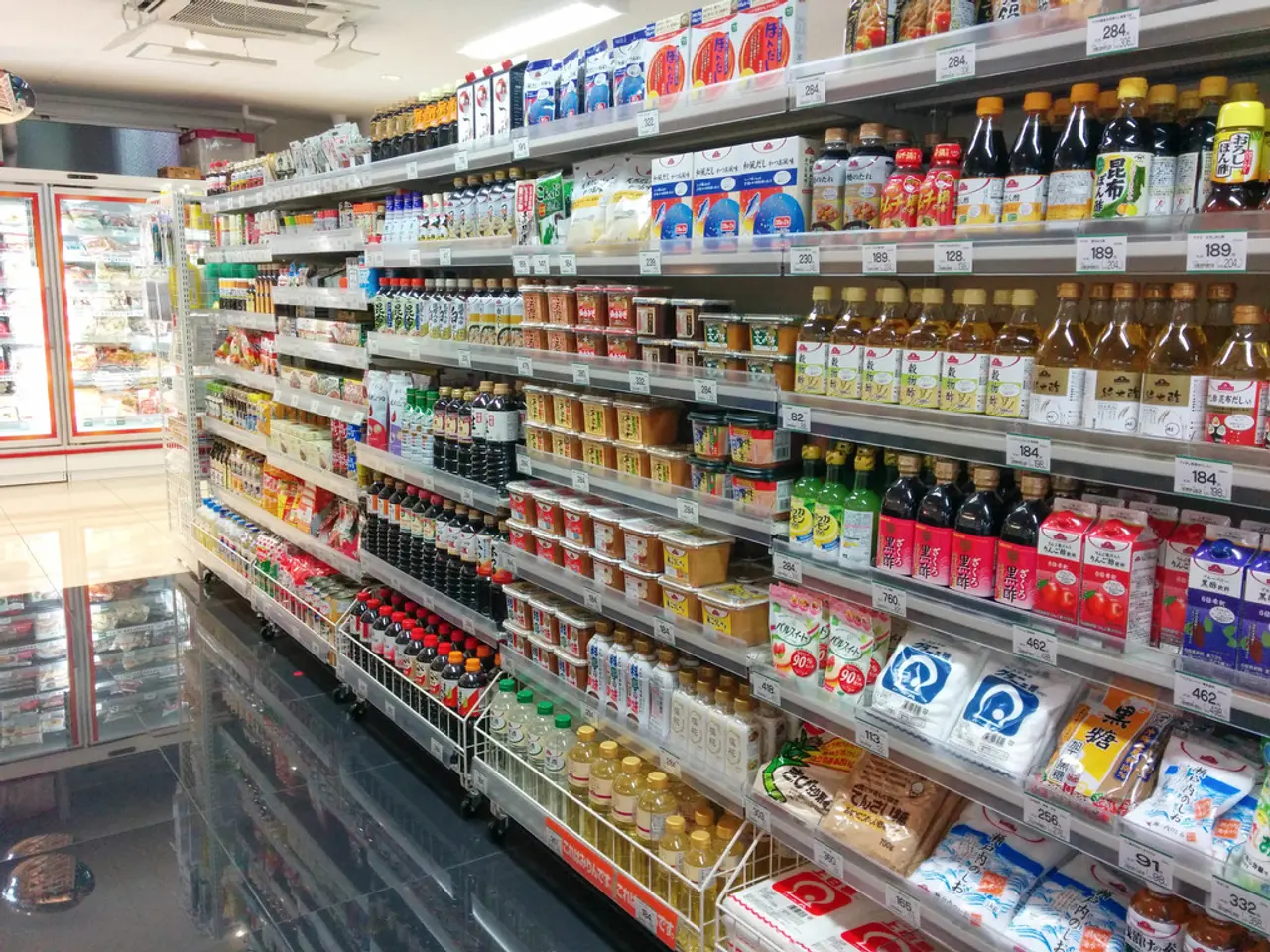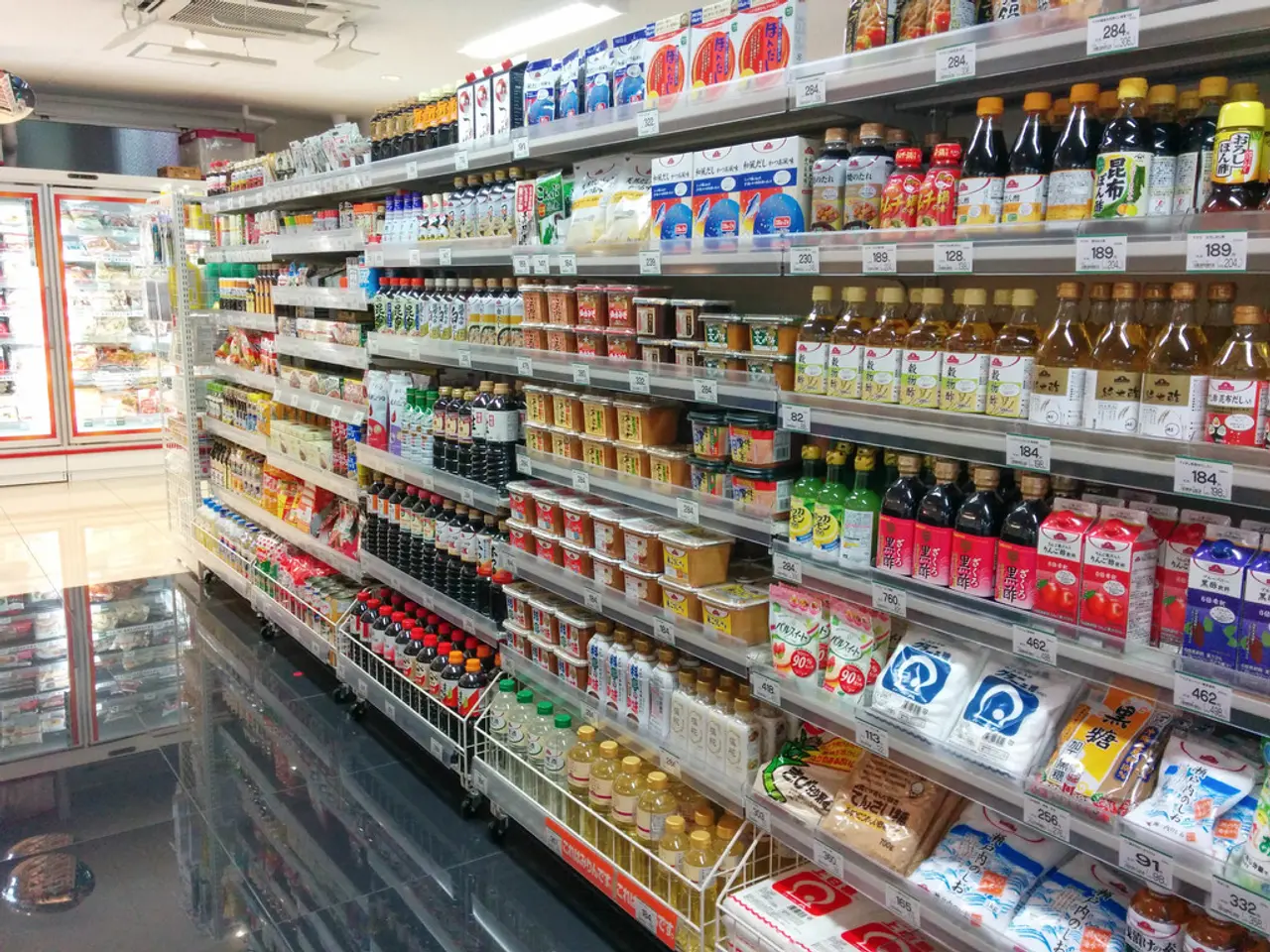Saarland's economic climate shows a slight improvement - Improvement observed in Saarland's economic landscape
The economy of the German state of Saarland has shown a modest improvement, according to a survey by the Chamber of Industry and Commerce (IHK). However, the recovery lacks both breadth and substance, with small and medium-sized businesses remaining cautious in their expectations.
The primary driver of the Saarland economy's improvement is attributed to large companies. Despite the federal government's economic measures, such as special depreciation for investments and electricity price cuts for industry, these have not convinced small and medium-sized businesses in Saarland.
IHK CEO Frank Thomé emphasised the need for a credible and comprehensive reform agenda from Berlin, specifically promoting private investment and employment, to give the economy the momentum it needs.
In response, the German government has outlined an ambitious economic reform agenda, dubbed the "Made for Germany" initiative. This plan involves a massive investment of €631 billion through 2028, targeting manufacturing facilities, research and development, and national infrastructure to revive the stagnant economy. Key components include lowering energy costs for industries, significant tax reliefs for businesses, and plans to reduce business taxes over the medium term.
Crucially, the agenda calls for structural reforms to reduce bureaucracy and labor cost burdens, especially by cutting social security contributions that increase employer expenses. These reforms are seen as vital by business leaders to unlock the private capital needed for sustainable growth and job creation in regions like Saarland.
The multi-year fiscal plan coordinated with the EU supports this reform path by allowing increased spending on investments while maintaining fiscal stability, further enabling the government's ability to back these reforms financially. The collaboration between government leaders and top corporations signals a new era focused on enhancing growth and competitiveness, which should positively impact regions such as Saarland.
However, IHK CEO Frank Thomé stated that there is no talk of a real turnaround in the Saarland economy. The expected decline in Saarland's economic output for 2025 is around one percent, which would be the third consecutive negative year. The IHK Saarland's July survey involved around 300 companies with approximately 100,000 employees.
In conclusion, while the Saarland economy has shown a slight improvement, the recovery remains fragile. The implementation of the "Made for Germany" initiative and the support from the EU's multi-year fiscal plan offer hope for a more robust and sustained economic growth in the region. However, the cautious optimism among small and medium-sized businesses underscores the need for tangible results and a real turnaround in the economy.
The "Made for Germany" initiative, with its focus on lowering energy costs, providing tax reliefs, and reducing labor cost burdens, aims to attract private investment and boost employment in regions like Saarland, as emphasized by IHK CEO Frank Thomé. This ambitious economic reform agenda requires significant financial backing, with a planned investment of €631 billion through 2028.
To foster growth and competitiveness in Saarland, the German government is seeking to cut social security contributions that add to employer expenses and collaborating with top corporations to streamline bureaucracy and promote sustainable job creation. This coordinated effort, supported by the EU's multi-year fiscal plan, has the potential to spur a more robust and sustained economic recovery, provided that it delivers tangible results and generates a real turnaround in the economy.




